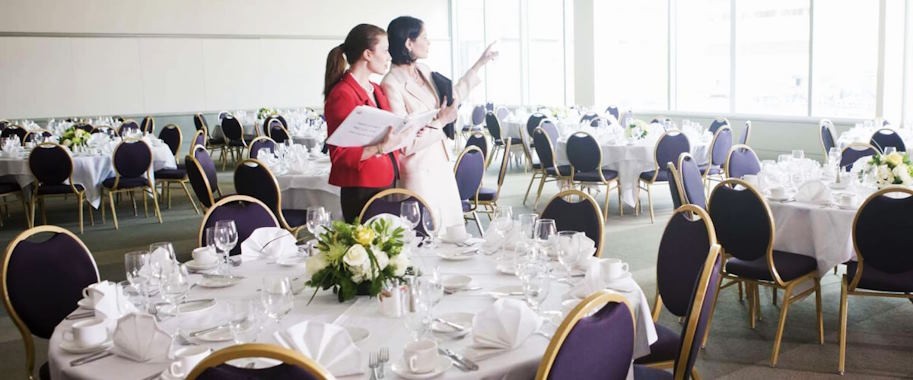Event preparation is often a meticulous and detailed process involving months of planning, coordination, and anticipation of every conceivable scenario. Yet, despite the best-laid plans, last-minute changes and emergencies are almost inevitable. Often, the true secret of a successful event lies in the ability to manage and navigate these unexpected hurdles adeptly.
Why is it important to be able to deal with different emergencies?
Managing last-minute changes and emergencies during event preparation is crucial because it ensures the event runs smoothly despite unforeseen challenges. Effective management prevents disruptions, maintains the event’s integrity, and upholds the organizer’s reputation.
It also fosters trust among attendees, vendors, and stakeholders by demonstrating adaptability and professionalism. Being prepared for emergencies enables quick, effective responses, minimizes negative impacts, and turns potential crises into opportunities to showcase organizational resilience and competence.
What to do in such cases?
Create a Comprehensive Plan
To handle last-minute changes and emergencies during event preparation, start by creating a comprehensive plan. Prioritize tasks based on their impact on the event, first focusing on the most critical elements to ensure the core aspects are not compromised. Conduct a thorough risk assessment to identify possible problems, from weather conditions to vendor reliability, and create contingency plans for each identified risk.

Build a Strong Team
Clearly define each team member’s roles and responsibilities, ensuring everyone understands their tasks and knows who to contact in case of an emergency. Establish a robust communication plan using group messaging apps, regular check-ins, and a clear chain of command to ensure efficient information flow.
Vendor Relationships
Form strong relationships with reliable vendors. Choose vendors with a track record of reliability and flexibility, checking references and reviews to ensure they can handle last-minute changes. Ensure contracts with vendors include clauses for emergencies and changes, covering timelines, penalties, and flexibility for unforeseen circumstances.
Backup Systems
Have backup systems in place for critical elements like power supplies, internet connections, and AV equipment, with technical staff on standby to address issues promptly.
Stay Flexible
Be prepared to make quick decisions and adapt to changes as they occur, encouraging your team to think on their feet and develop creative solutions.
Stay calm under pressure
Your demeanor will set the tone for your team and help keep everyone focused on finding solutions. Approach problems with a solution-oriented mindset, encouraging brainstorming sessions to come up with creative and effective solutions quickly.





